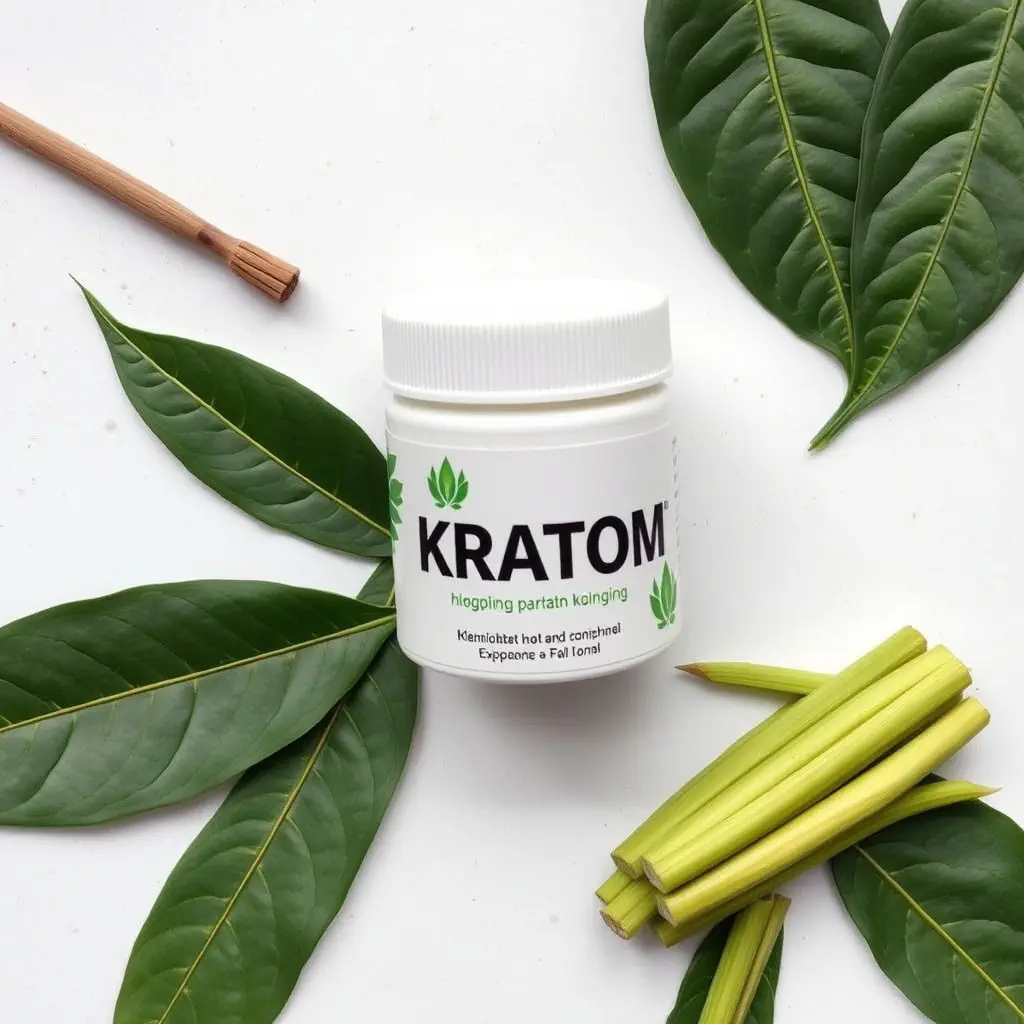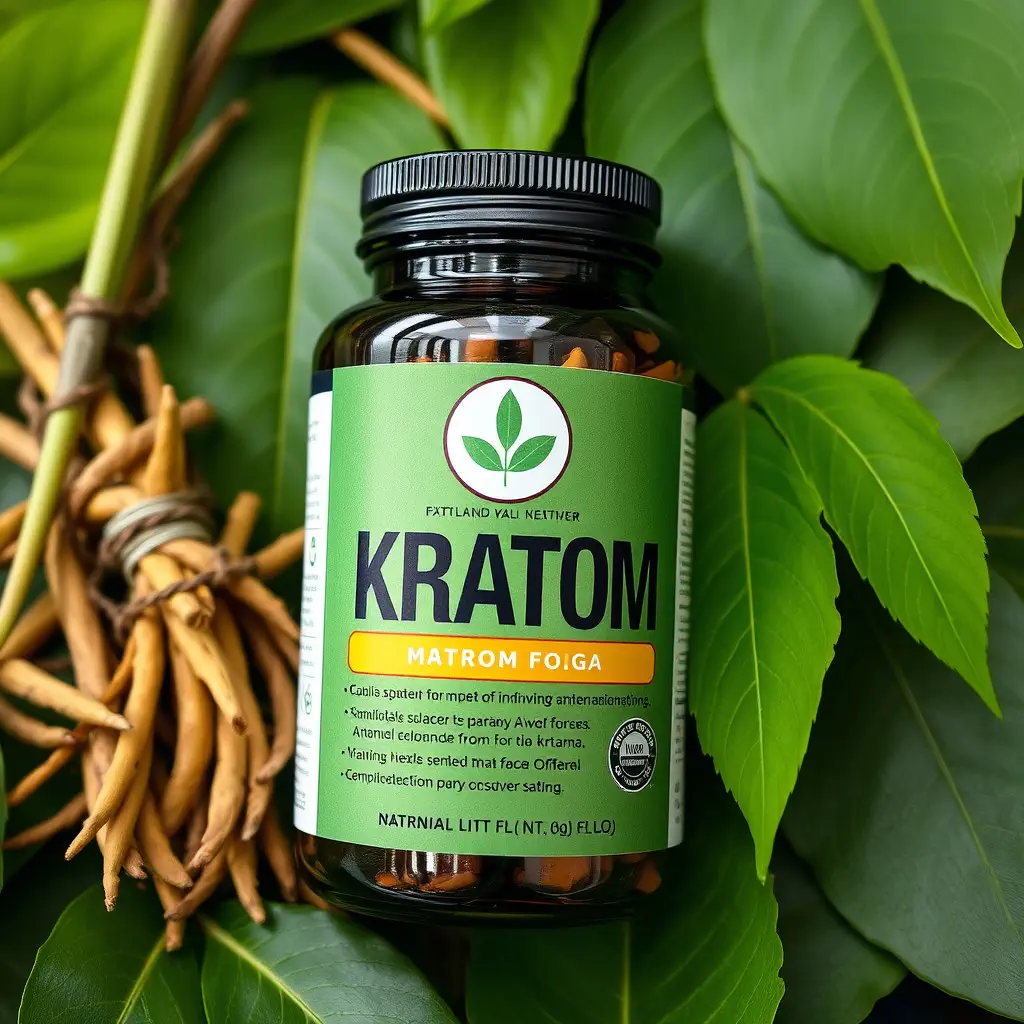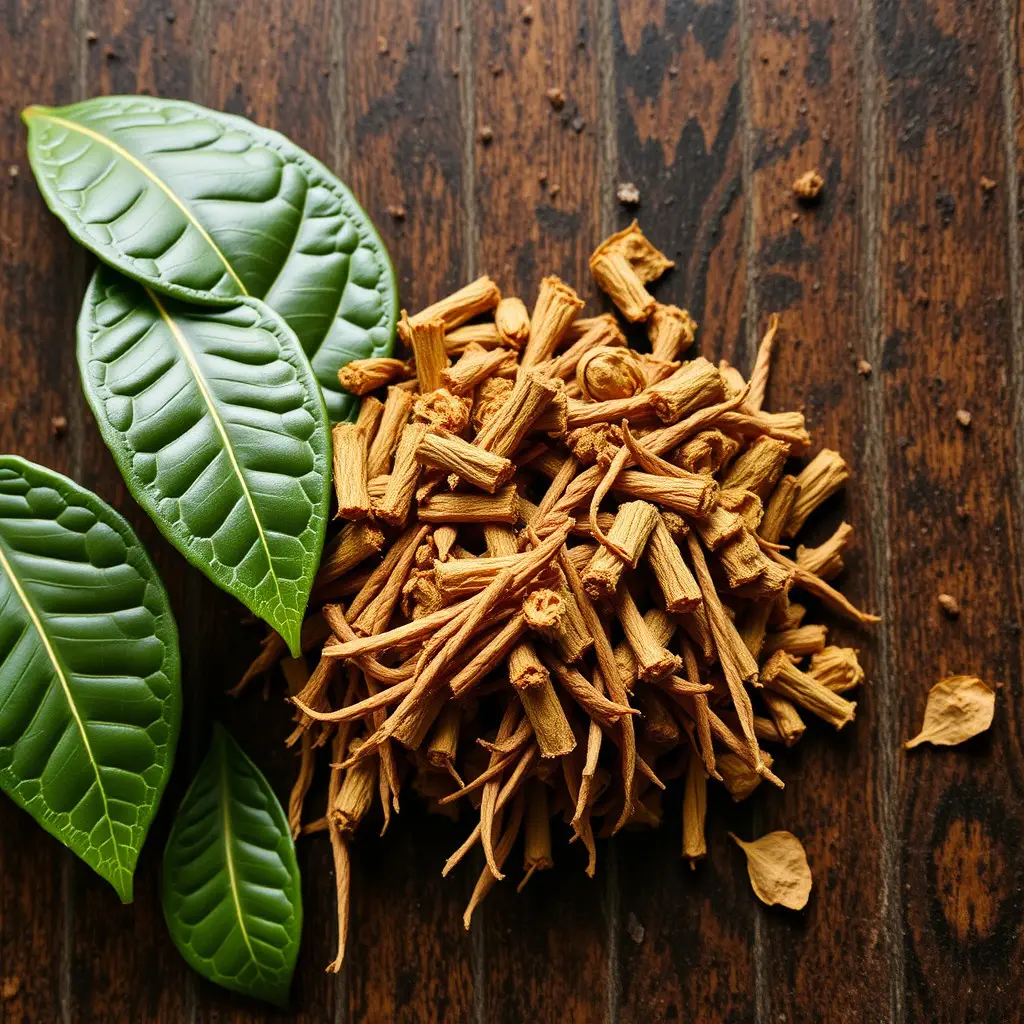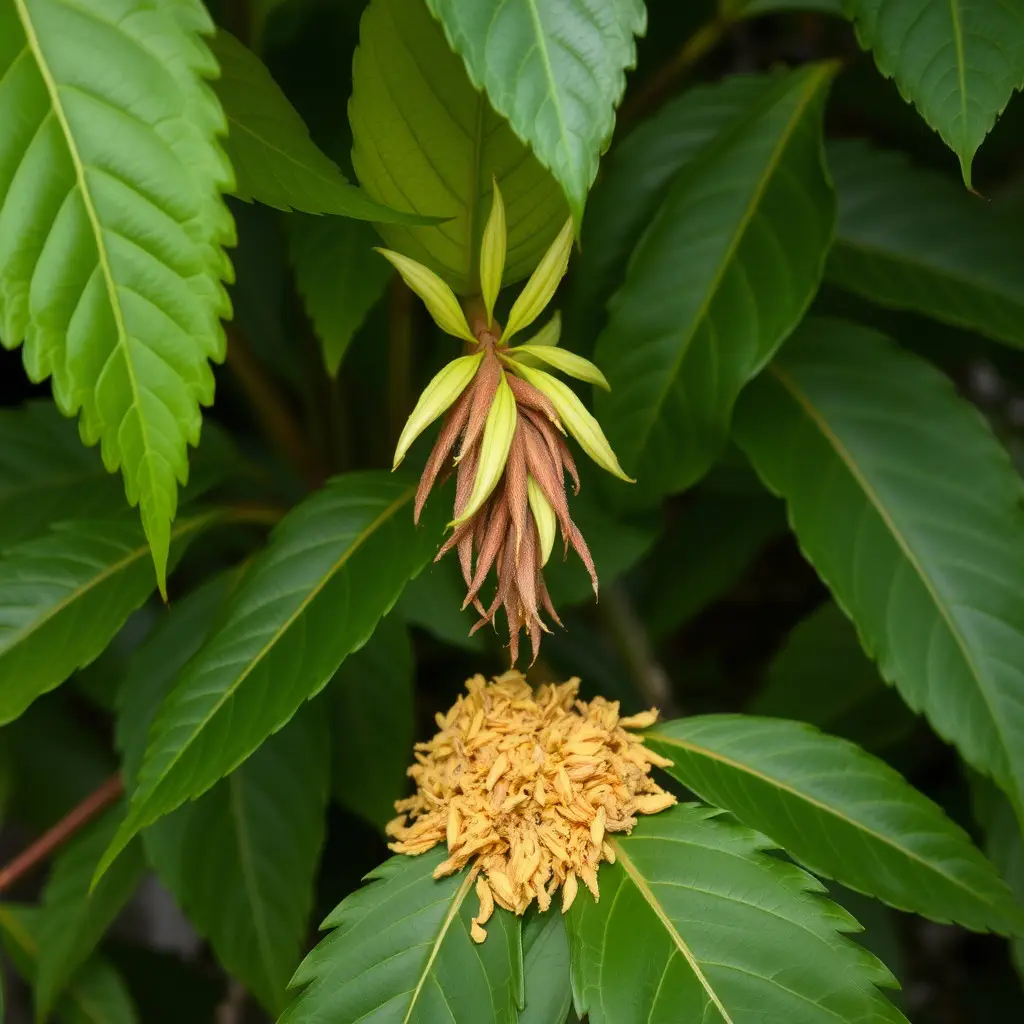Maeng Da Kratom, a potent strain of Mitragyna speciosa, is recognized for its unique alkaloid composition and varied effects, from stimulation to sedation. Its distinctive mix of 7-hydroxymitragynine and mitragynine sets it apart from other kratom strains. Due to its opioid-like properties, there's a discussion on whether the military should test for kratom within its drug screening panels, considering its potential impact on soldiers' performance and well-being. However, current tests do not specifically include kratom. The complexity of Maeng Da's effects necessitates a nuanced understanding, taking into account individual variations in response to its use. Users are cautioned to approach it with care due to its strong effects. Additionally, the legal status of kratom varies by jurisdiction, emphasizing the need for users to stay informed on local regulations. Responsible usage of Maeng Da requires adherence to guidelines and awareness of ongoing research to ensure a safe experience. The debate around testing for kratom in the military highlights the broader ethical considerations of balancing operational readiness with individual rights, and underscores the importance of informed decision-making on this substance's role within professional settings.
Maeng Da Kratom powder, a botanical derivative from the Mitragyna speciosa tree, has garnered significant attention due to its potency and the broad spectrum of effects it may elicit. This article delves into the intricacies of Maeng Da, offering a detailed exploration of its potency, scientific composition, and potential implications within military contexts. As we unravel the mechanisms behind its active alkaloids, questions arise regarding the military’s stance on this natural substance and the ethical considerations of its use. Does the military test for kratom? This article aims to shed light on these aspects, ensuring a well-rounded understanding of Maeng Da Kratom powder and its place in various domains.
- Unraveling the Potency of Maeng Da Kratom Powder: A Comprehensive Guide
- The Science Behind Maeng Da Kratom: Alkaloids and Their Effects
- Maeng Da in the Military: Testing and Ethical Considerations
Unraveling the Potency of Maeng Da Kratom Powder: A Comprehensive Guide

Maeng Da Kratom, a strain originating from the Southeast Asian Mitragyna speciosa tree, has garnered significant attention due to its unique alkaloid profile and potent effects. This guide aims to demystify the potency of Maeng Da Kratom Powder by providing insights into its composition and potential impact on users. The alkaloids found in this strain, most notably 7-hydroxymitragynine and mitragynine, are believed to be responsible for its distinct effects, which can range from stimulating to sedating depending on the dosage and individual sensitivity. Unlike the military’s approach to drug testing, where kratom is often included in screening panels due to its opioid-like effects, understanding the nuances of Maeng Da’s potency requires a careful consideration of various factors including strain specificity, user tolerance, and the method of consumption. Users interested in incorporating Maeng Da Kratom Powder into their routine should approach it with caution, as the effects can be profound and long-lasting. It is also important to stay informed about the legal status of kratom in one’s jurisdiction, as its regulatory landscape varies across different regions. By adhering to responsible usage guidelines and maintaining an awareness of the latest research on this botanical substance, enthusiasts can navigate the complexities associated with Maeng Da Kratom Powder’s potency.
The Science Behind Maeng Da Kratom: Alkaloids and Their Effects

Maeng Da Kratom, a strain of Mitragyna speciosa, has garnered significant attention due to its distinct alkaloid profile and potential effects. The leaves of this particular strain are known for their elevated levels of 7-hydroxymitragynine and mitragynine, which are the primary active compounds. These alkaloids interact with the body’s opioid receptors, producing a range of pharmacological effects that include analgesic, sedative, and euphoric sensations. The balance between these alkaloids is thought to contribute to Maeng Da’s unique impact compared to other kratom strains.
Research into the effects of Maeng Da Kratom has been extensive, with studies focusing on its potential benefits and mechanisms of action. Scientific investigations have shown that the alkaloids found in Maeng Da bind to mu, delta, and kappa opioid receptors, which may explain its multifaceted effects. While the full scope of its biological activities is still being elucidated, Maeng Da’s potential as a natural alternative for pain management has been a subject of interest. The interest in its effects has even extended to discussions on whether the military tests for kratom use among personnel, given its impact on cognitive function and energy levels. However, it is important to approach such discussions with caution, considering the complexity of individual responses to kratom and the need for further scientific inquiry.
Maeng Da in the Military: Testing and Ethical Considerations

Maeng Da Kratom, a potent strain derived from the leaves of the Mitragyna speciosa tree, has garnered attention for its purported effects on energy, mood, and pain relief. In recent discussions surrounding its use within military personnel, questions have arisen regarding the presence of Maeng Da in military testing protocols and the ethical implications of its use. The U.S. Military’s drug testing policies are designed to maintain operational readiness and ensure the health and safety of service members. Kratom is not specifically included in the standard panels used for drug screening, which primarily detect other substances of abuse and performance-enhancing drugs. This omission has sparked debate on whether the military should include tests for kratom, given its potential to affect soldiers’ cognitive and physical capabilities, as well as their overall well-being.
Ethical considerations also come into play when examining the use of Maeng Da Kratom in the military context. The ethical debate extends beyond the scope of drug testing, touching on the rights of service members versus the interests of the military institution. While some argue that the military should have the authority to regulate substances that could compromise mission success or pose health risks, others advocate for individual autonomy and privacy rights. The potential for kratom misuse must be weighed against the need for a clear-headed and focused force. As the military continues to adapt to emerging challenges, the conversation about Maeng Da Kratom and its role within military populations will undoubtedly evolve, necessitating careful consideration of all factors involved.
Maeng Da Kratom Powder has emerged as a subject of significant interest due to its potency and the array of effects attributed to its alkaloid content. This article has delved into the intricacies surrounding this botanical substance, elucidating its scientific makeup and potential impacts. A particularly salient point addressed the military’s historical and ongoing interest in kratom, with a focus on the tests conducted to understand its effects—a topic that warrants continued ethical scrutiny. As the discourse around kratom evolves, it is imperative for research to proceed responsibly, ensuring public health and safety remain at the forefront of any future applications. With the breadth of information presented, individuals can make informed decisions about the role Maeng Da Kratom might play in their lives, understanding its complexities and the implications it carries within various sectors, including military contexts where testing has been a concern.






